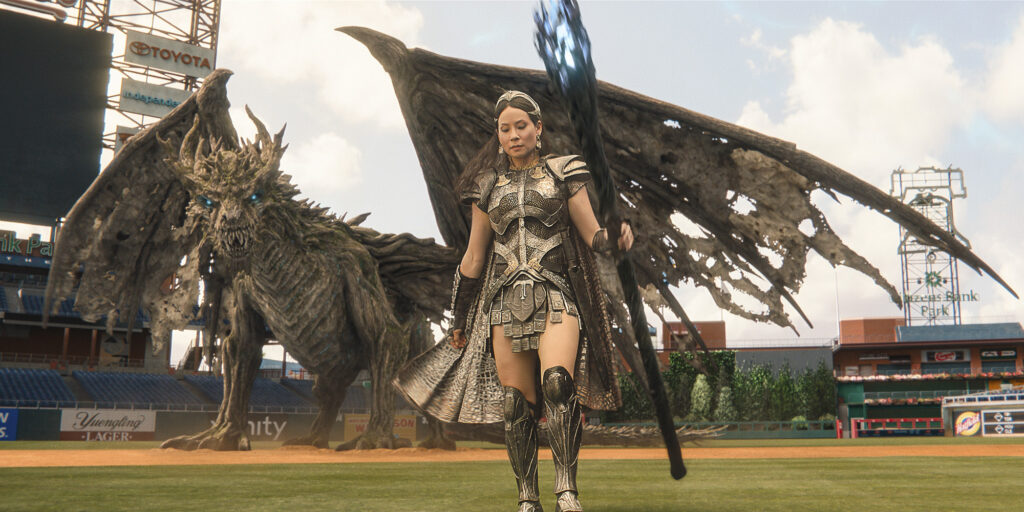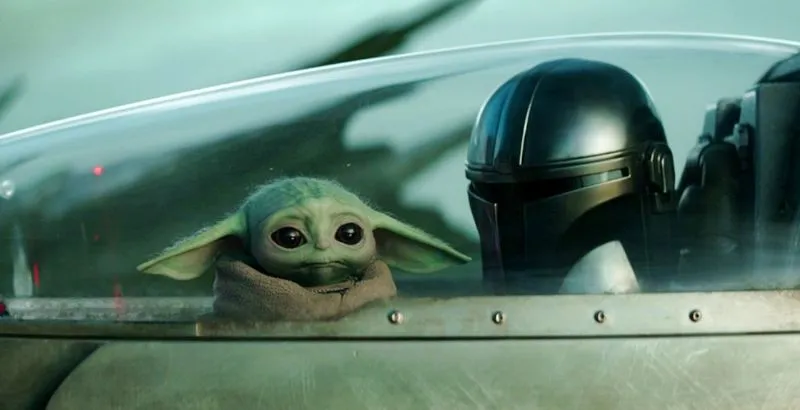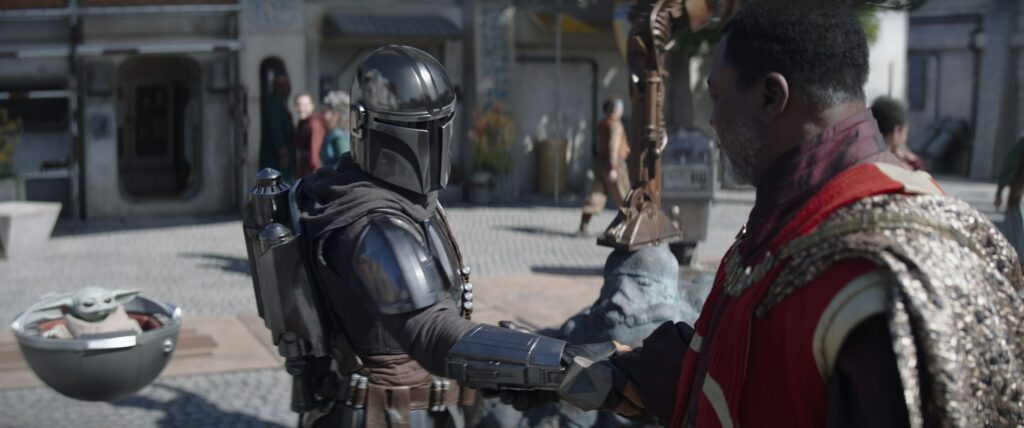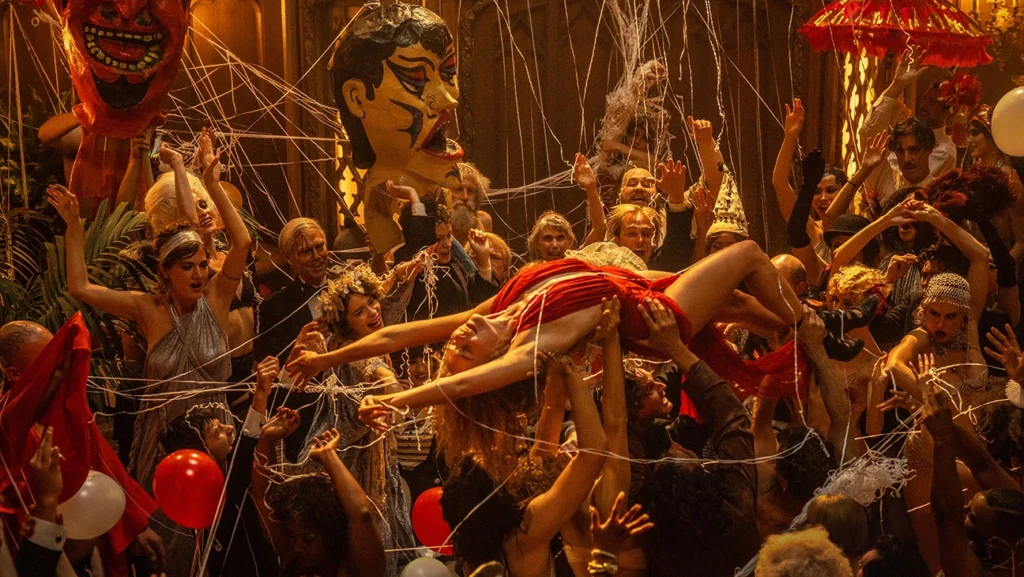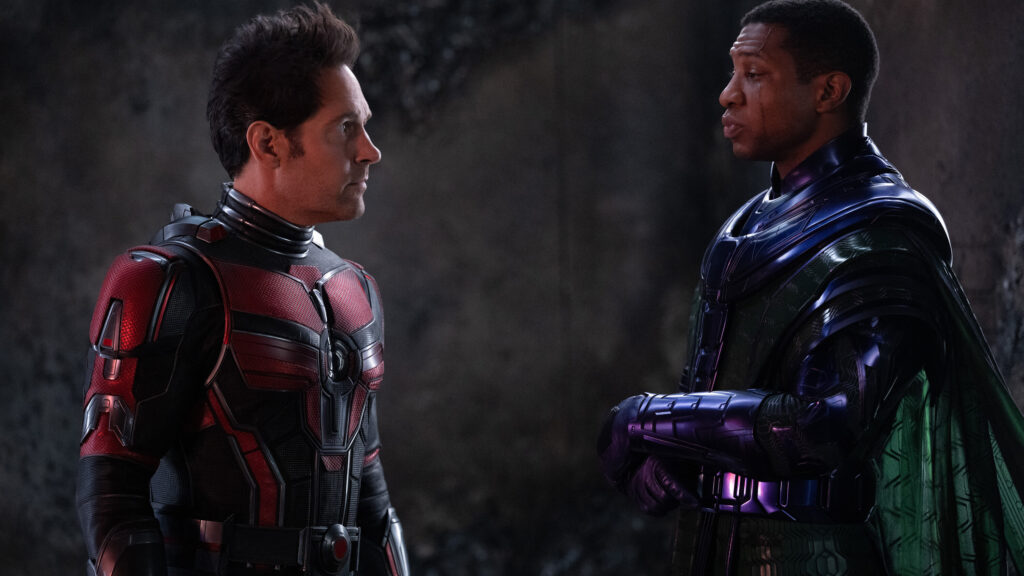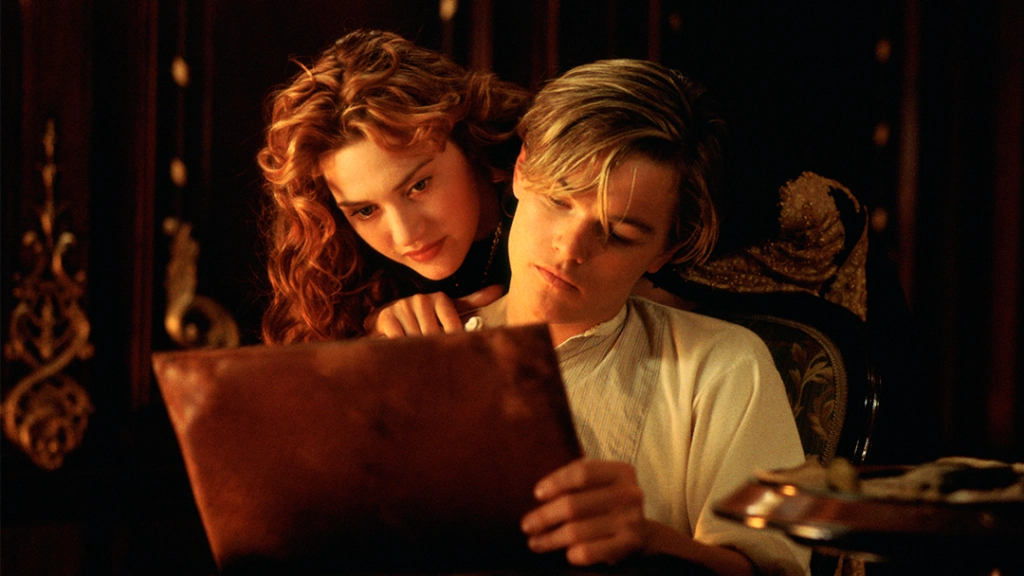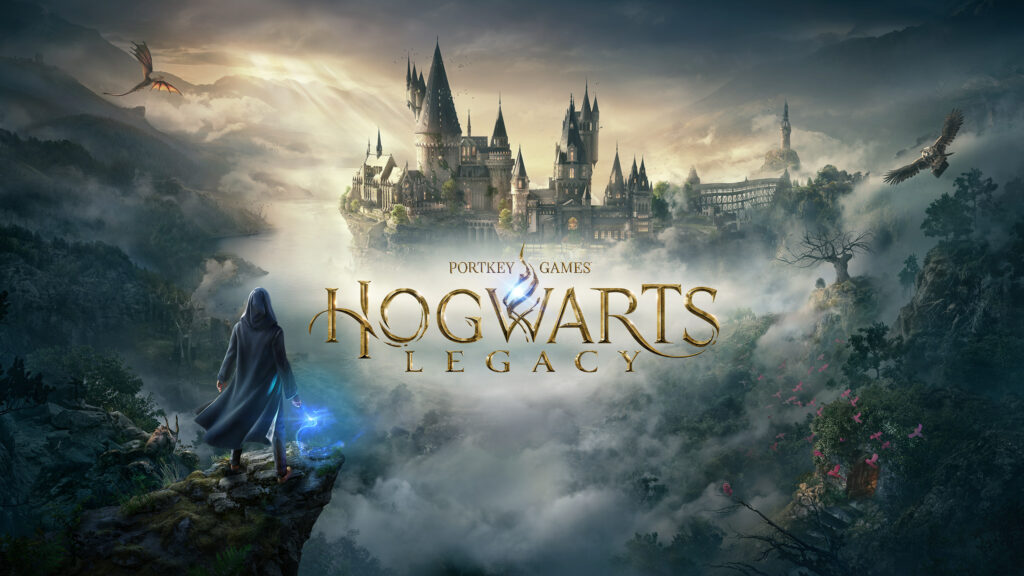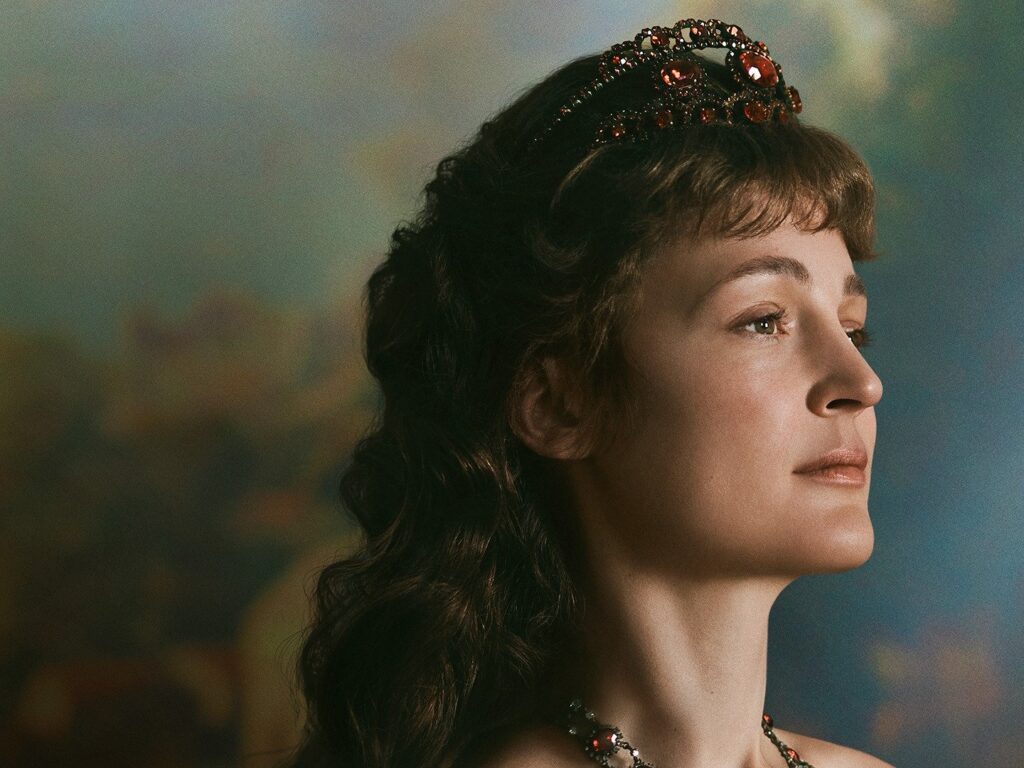Shazam! Fury of the Gods tries to do too many things at once, an empty disaster
Written by Ian Thomas Malone, Posted in Blog, Movie Reviews, Pop Culture
Superhero sequels often have an unhealthy need to pad out their rosters with far too many characters. The “connected universe” approach deployed by DC and Marvel can give these cinematic experiences the feel of open-ended television, or their own comic book source material. It bears noting that film does not possess the same amount of narrative space as TV or comics. The entirety of a superhero’s cinematic canon can possess a shorter runtime than a single television season, peanuts compared to the ninety years that someone like Billy Batson has spent in the pages of a comic book.
Shazam! Fury of the Gods squeezes six main superheroes and three villains into a runtime of barely over two hours. Further exacerbating the dynamic is the fact that five of the six superheroes are played by two different people, their child and adult counterparts, with the eldest member of the “Shazamily,” Mary (Grace Caroline Currey) now played by the same actress in both forms. Billy Batson (Zachary Levi and Asher Angel) is no longer so much the star of his own movie than a traffic cop trying to keep his family, and the various pieces of his movie, together.
The plot is pretty straightforward, though delivered in an exceedingly incoherent fashion. Two daughters of the Titan (god) Atlas, Hespera (Helen Mirren), and Kalypso (Lucy Liu) want the staff from the first movie to take over the world. Why? The movie doesn’t really have time to explain the motives for either character, besides the general sense that they are not very nice.
The film barely has time to explore any members of the Shazamily either. Freddy Freeman (Jack Dylan Grazer and Adam Brody) functions essentially as the lead kid, still being bullied in school in a sequence that feels quite wrong for the year 2023. He befriends a new girl, Anne (Rachel Zegler), a figure anyone in the audience would know to be important in a narrative that already has way too many characters. The rest of the family, Batson included, are mostly stuck in their plotlines from the first film. The one notable exception is a member of the family who is gay, seemingly just because it would likely be the only thing anyone would remember about this character.
Fury of the Gods feels oddly empty for a film with far too many characters, coasting solely off any remaining goodwill earned by its predecessor. This narrative tries to pretend it has a heart to cover up the overabundant sense of nothing at its core. There isn’t any time to do anything besides go through the motions, at times reminding the audience of the charm this story once had, when it possessed the space to actually explore its own characters.
The film does find time to poke fun at the peculiar nature of its heroes’ identities, repeatedly referring to Freddy as “Captain Everypower.” There’s a reason the Shazamily sounds so awkward to say. Billy, Mary, and Freddy all spent many decades wearing variations of the “Captain Marvel,” moniker, while the younger three are much newer characters. Shazam’s powers and his name were involved in two of the most famous lawsuits in comic book history, creating a sense of confusion for both casual fans and comic book diehards alike. The trouble is, DC itself hasn’t really understood what to do with the Marvel family either, decidedly B-tier heroes who lend themselves well to charm, but not necessarily convolution.
Mirren and Liu are completely wasted playing generic villains. The film’s humor doesn’t land well within a narrative that never seems to understand what’s going on, even with its paint-by-numbers delivery. Anyone can follow along with this generic mess. The broader question is, why would anyone want to?
It’s easy to see how this formula might have worked as a season of television, with plenty of time and space to explore all the themes director David F. Sandberg tossed out there. This narrative has no business being a movie. The lackluster special effects don’t exactly look all that cinematic either.
Shazam used to be a highlight of the DCEU’s splintered roster. Fury of the Gods squanders all that goodwill. The first Shazam! was a relatable treat, a self-contained story that could be enjoyed by anyone, regardless of whether you’ve ever picked up a comic book. Fury of the Gods tried to do so many things at one time that it actually achieved nothing at all.





